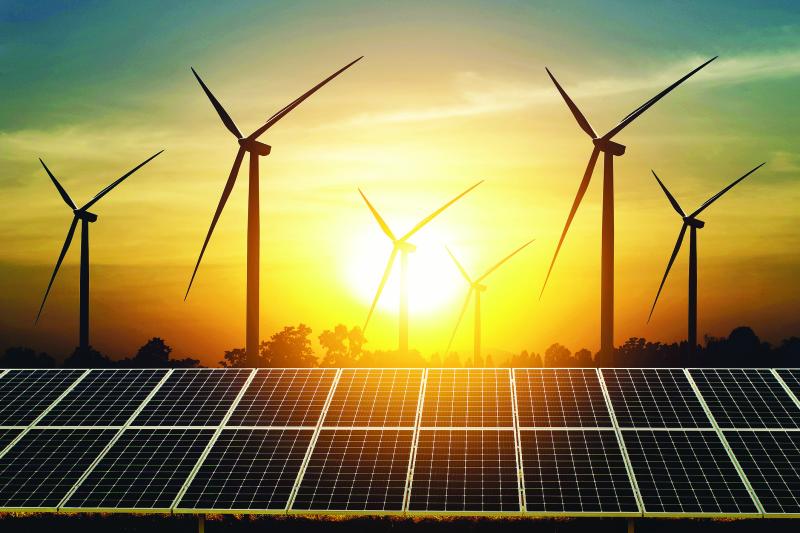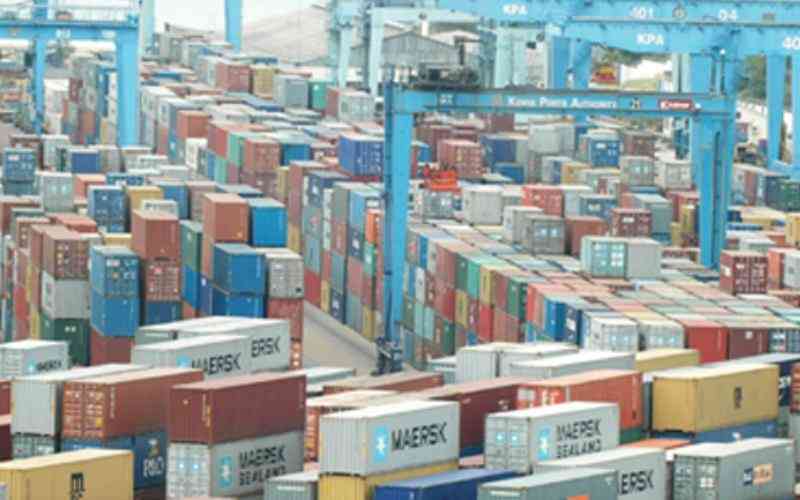×
The Standard e-Paper
Fearless, Trusted News

The move is expected to help tea factories cut nearly 50 per cent of their power bills. [Courtesy]
Kenya Power is expected to feel the heat as more firms switch to solar to cut electricity bills. Barely do weeks lapse without a company applying for a licence to generate its power using solar.







